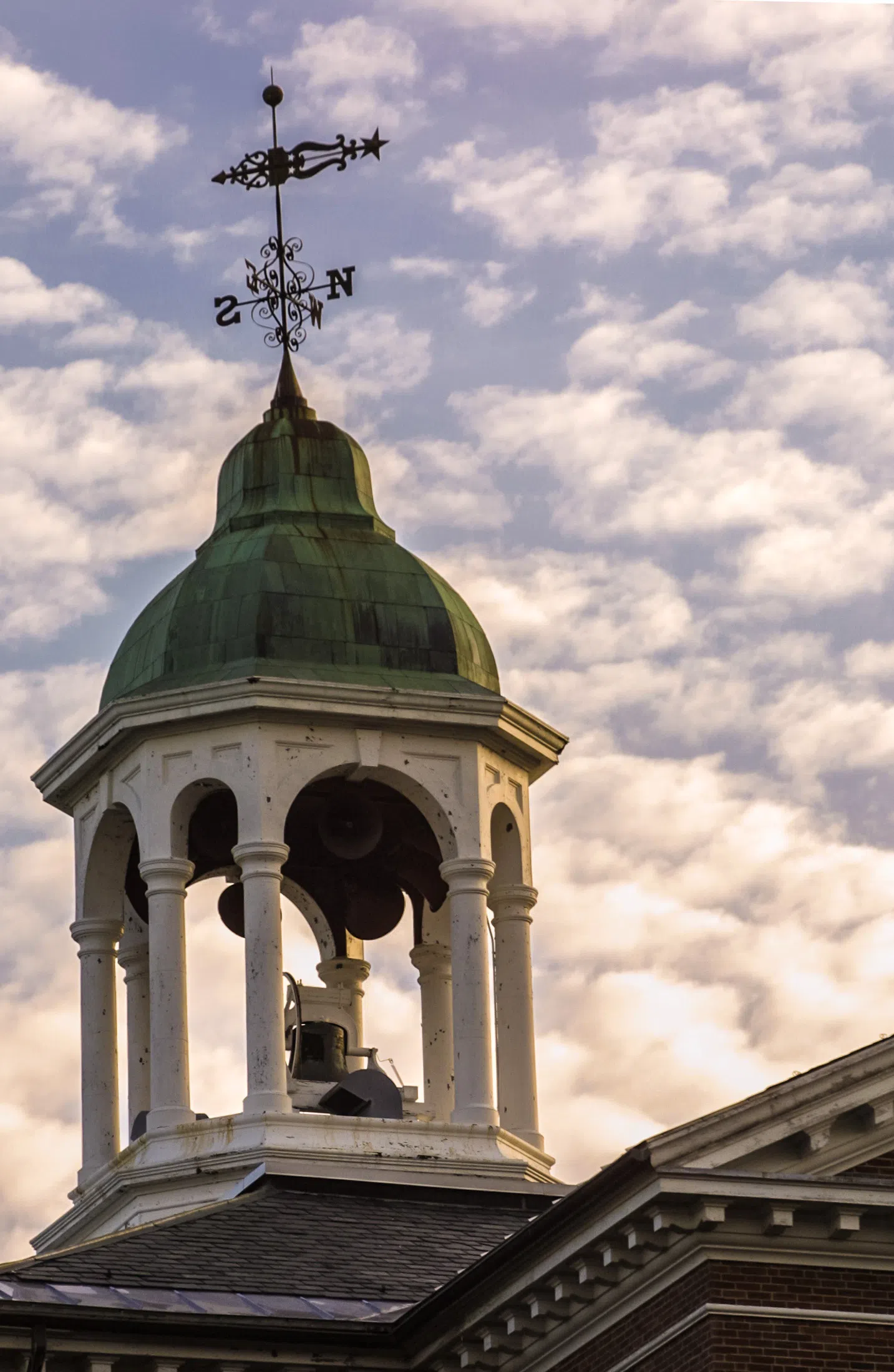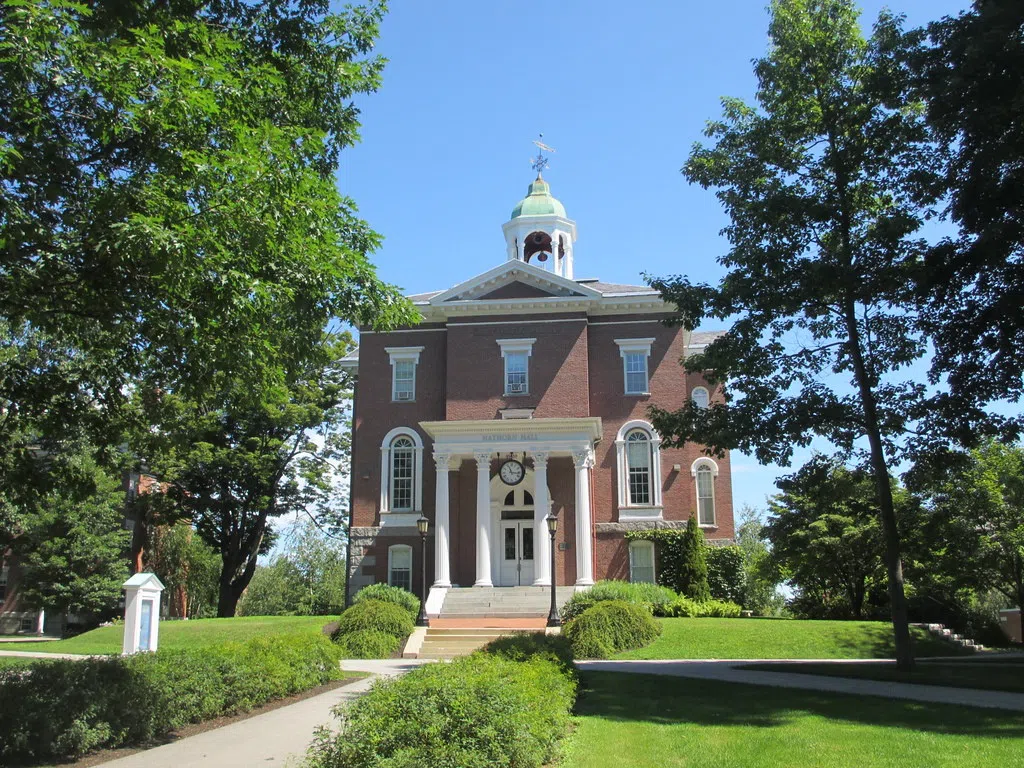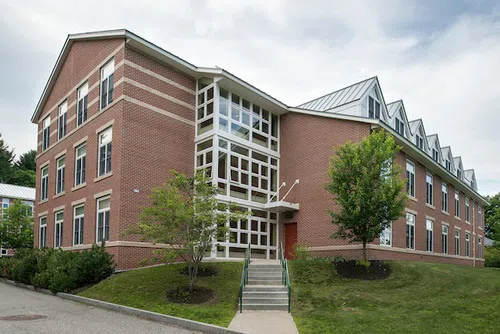Media Gallery
Academics
⭐ Academics
Bates students tend to be up for just about anything. It’s a good thing we have about three dozen majors and two dozen minors to choose from. Some are liberal-arts classics (history, mathematics, philosophy). Some are STEM-focused (neuroscience, engineering, biochemistry). Many draw from more than one discipline (American cultural studies, environmental studies, biochemistry, gender & sexuality studies).
Some won’t exist until you invent them.
Some won’t exist until you invent them.
First Year Advising
Two fundamental elements for lifelong learning are strong writing and clear thinking. At Bates, you’ll develop both from the start. Our First-Year Seminar (FYS) is a small class focused on developing your writing and critical thinking skills.
Your FYS professor will serve as your initial academic advisor. Once you declare your major — which isn’t required until the end of your sophomore year! — a professor in that major will serve as your advisor for the remainder of your time at Bates.
For all things non-academic, Bates students also have a Student Support Advisor.
Your FYS professor will serve as your initial academic advisor. Once you declare your major — which isn’t required until the end of your sophomore year! — a professor in that major will serve as your advisor for the remainder of your time at Bates.
For all things non-academic, Bates students also have a Student Support Advisor.
Academic Calendar
Our academic calendar features a 4-4-1 schedule: two traditional semesters and one Short Term — four weeks in the spring where you get to focus on one class. Students may take two to three Short Term courses during their Bates career. In the academic years that students do not take a Short Term course, students enjoy a four month summer break.
Short term classes are unique; they're not just a semester course condensed into four weeks. These classes may be a deep dive into a major, a course that travels across Maine or the globe, or even a practitioner-taught course on topics like marketing or secret intelligence.
Short term classes are unique; they're not just a semester course condensed into four weeks. These classes may be a deep dive into a major, a course that travels across Maine or the globe, or even a practitioner-taught course on topics like marketing or secret intelligence.
Senior Thesis
At Bates, every student is a scholar. We believe that a Bates senior is well-educated and well-prepared to undertake a significant research, service, performance, or studio project in the final year of study in the major. More than 96 percent of each graduating class completes a senior thesis. Each senior is guided through this process by a thesis advisor.
The traditional senior thesis involves one or two semesters of original research and writing, culminating in a substantial paper on a research topic of the student’s design. For students in the natural sciences, this may require plenty of time in the laboratory or the field. For students in the arts, this may require work that includes theatrical or musical performance, video production, curriculum development, or studio art work and exhibition.
The traditional senior thesis involves one or two semesters of original research and writing, culminating in a substantial paper on a research topic of the student’s design. For students in the natural sciences, this may require plenty of time in the laboratory or the field. For students in the arts, this may require work that includes theatrical or musical performance, video production, curriculum development, or studio art work and exhibition.


